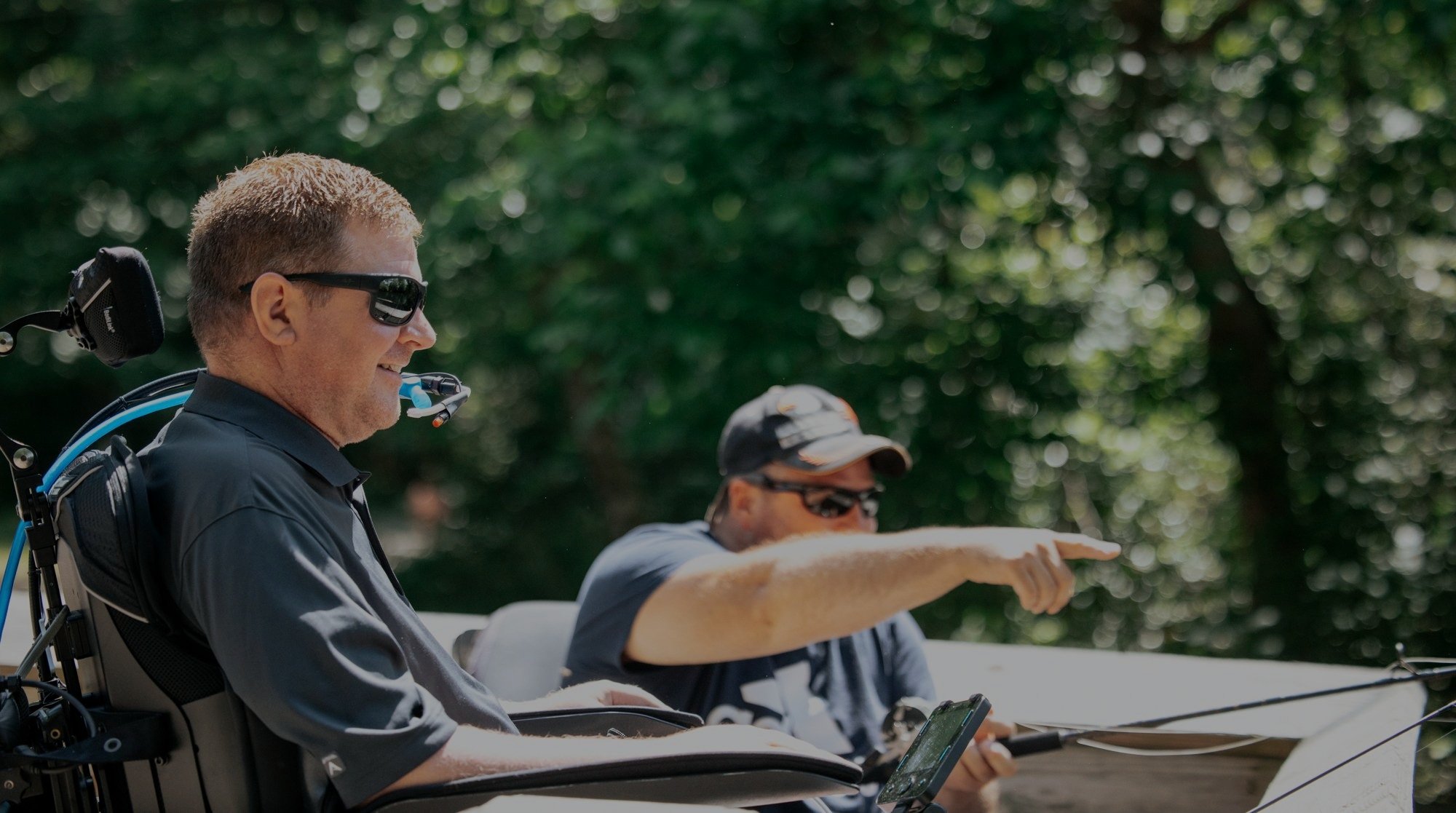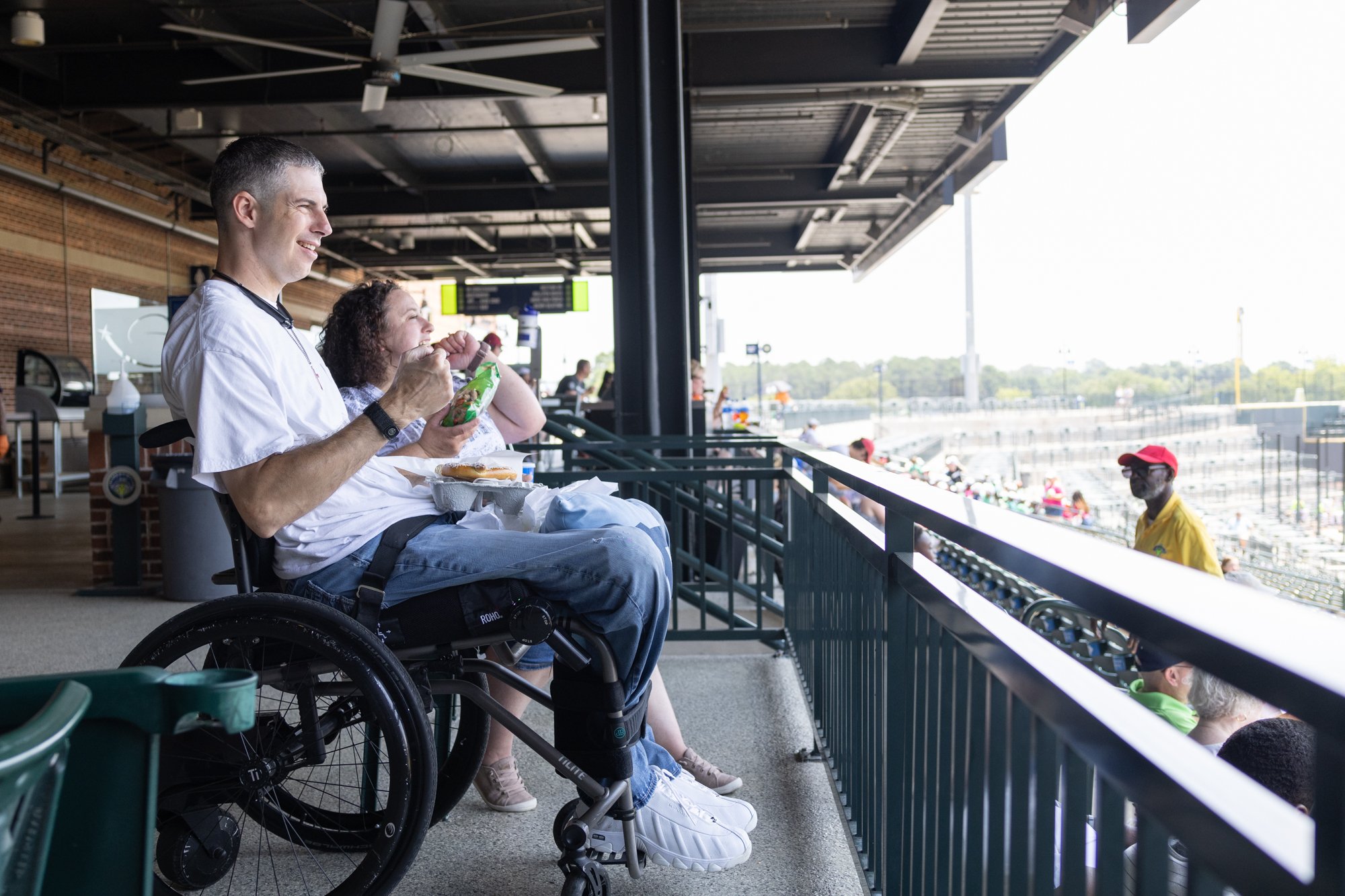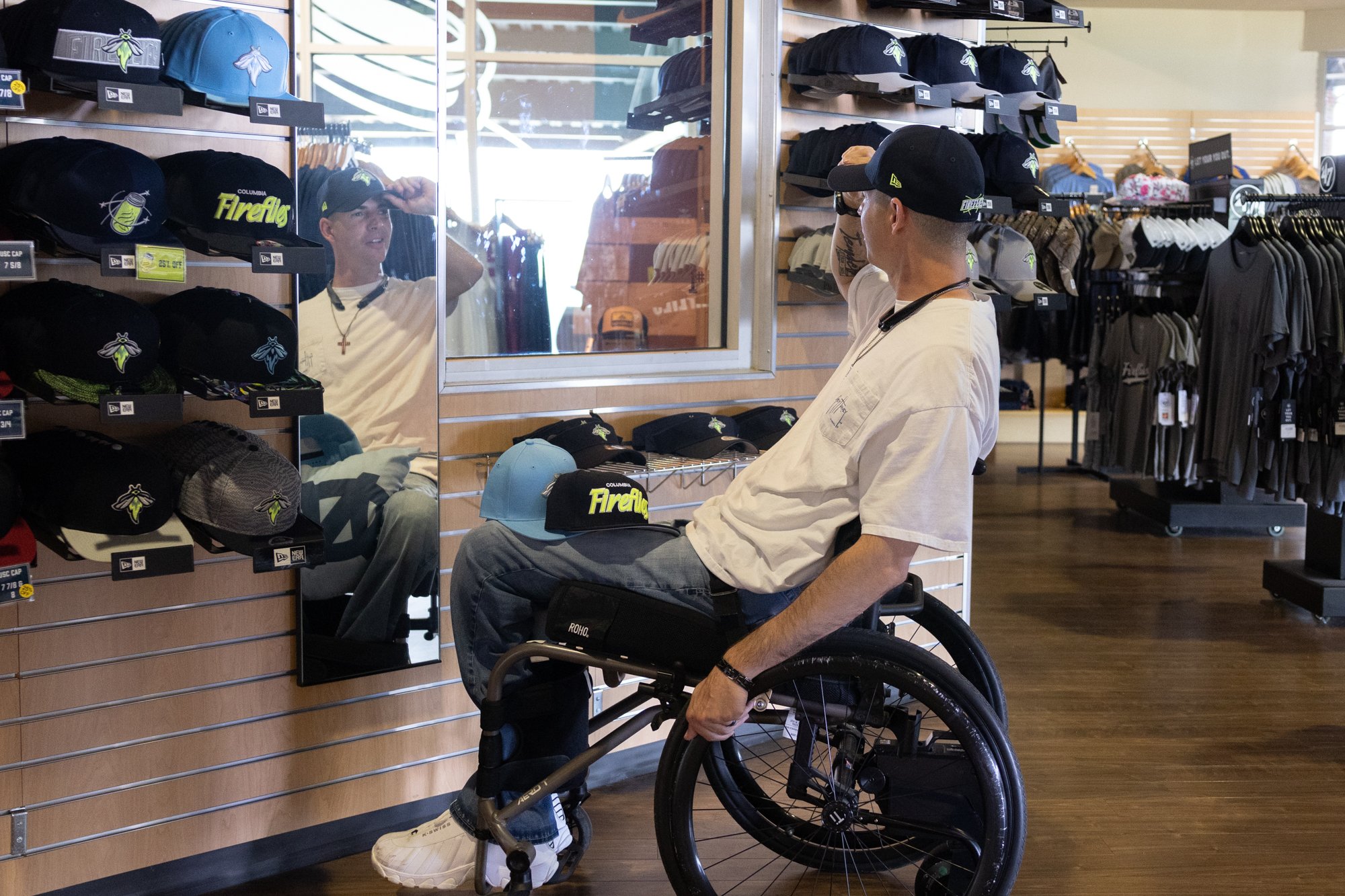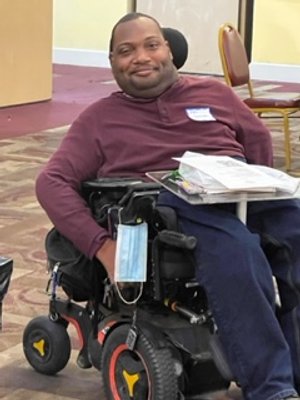






OUR MISSION
The South Carolina Spinal Cord Injury Association connects and empowers individuals impacted by spinal cord injury to pursue a meaningful and engaged quality of life.
Individuals with spinal cord injury find valuable resources for their needs, questions, and concerns through the programs and services of the SCSCIA. Individuals impacted by SCI discover a powerful source of strength by connecting with others who have experienced similar, life-altering injuries. SCSCIA also provides information, education, and support to family members and professionals who serve those with spinal cord injuries. The South Carolina Spinal Cord Injury Association is a 501 c (3), non-profit organization.
OUR VISION
We envision a South Carolina where every individual with spinal cord injury is empowered to reach their maximum potential.
OUR VALUES
Independence
Inclusion
Empowerment
Connection
Perseverance

Wellness for Life Program
HIGHLIGHTED EVENTS
2025 Superhero’s in Motion 5k
Register Here
The Wellness for Life program is a program supported by a grant through the Craig H. Neilsen Foundation. It is an opportunity for people with spinal cord injury (SCI) to meet and listen to wellness presenters at monthly Breeze Peer Support Groups. It is a chance for individuals with SCI to try out a new wellness service, like massage, acupuncture, nutrition, dry needling, etc. and to get the first visit paid for (see request form below). The program will also pay for fees for individuals with SCI to participate in events or activities in the community (surfing, golf, etc.). To get started, complete the form to the right.
An Open Letter
Considering recent national discussion regarding the employment of individuals living with
disabilities, we wanted to set the record straight. The South Carolina Spinal Cord Injury
Association is an organization dedicated to advocating for individuals living with paralysis due
to spinal cord injuries. We are writing to respectfully express our concerns regarding the use of
certain language that, while perhaps unintentional, can have a harmful and stereotypical impact
on our community.
People with disabilities proudly and capably serve our nation in private sector and governmental
service. The current Governor of Texas, Greg Abbott, is an individual living with paralysis from
an accident. Disabled employees, like non-disabled employees, are hired because they meet the
qualifications needed to do the job. The Federal Aviation Administration has rigorous standards
for hiring Air Traffic Controllers and all other FAA employees. Diversity hiring initiatives seek
to expand the pool of potential qualified talent for a role – they do not supersede the
qualifications and skills that the role requires.
The Rehabilitation Act of 1973 (Rehab Act) was the first major federal law in the United States
to protect people with disabilities from discrimination in employment, programs and activities
that receive federal funds including federal government. The Americans with Disabilities Act
(ADA) signed on July 26th, 1990 expanded the protections offered by the Rehabilitation Act by
extending non-discrimination protections against person with disabilities to the private sector,
including employment, public accommodations, transportation and telecommunication. These
laws don’t require that unqualified individuals be hired. Rather, it requires employers to make
reasonable accommodations to allow qualified individuals with
disabilities to work. These accommodations may be as simple as providing accessibility by
widening a doorway or installing an automatic door.
We recognize that these issues are not always at the forefront of discussions, but we encourage
everyone—whether in media, healthcare, or general communication—to be mindful of how their
words can either empower or unintentionally harm those they aim to represent. We are not
defined by our injuries, and we are more than the physical aspects of our condition. Like anyone,
we want to be seen for our full humanity and for the contributions we make to society.
As we celebrate the 35th anniversary of the Americans with Disabilities Act this year, we ask for
a thoughtful reconsideration of the language and context used when discussing individuals with
spinal cord injuries or any disability, with the intention of fostering understanding, respect, and
community. Together, we can help create a more compassionate and precise dialogue that
empowers people with disabilities to live without the burden of harmful stereotypes.
Thank you for taking the time to read this letter and consider its message. We are hopeful that
with greater awareness, we can all contribute to a more inclusive world.















